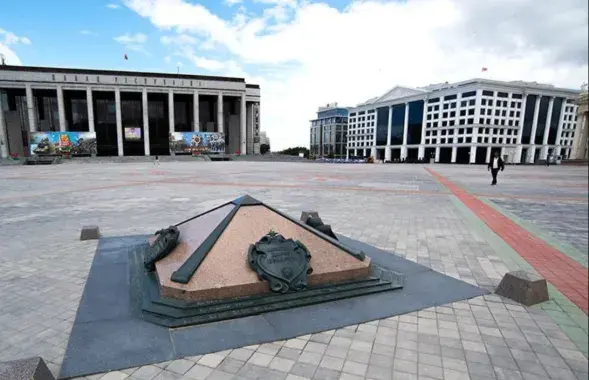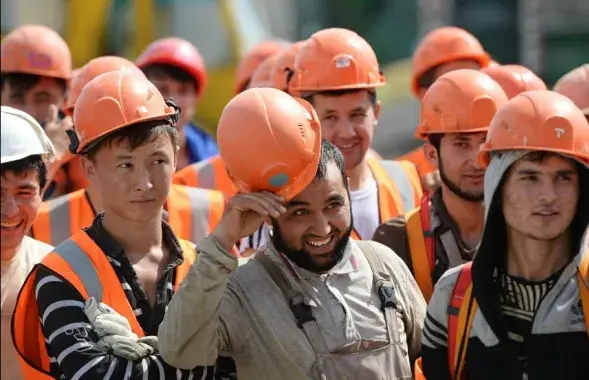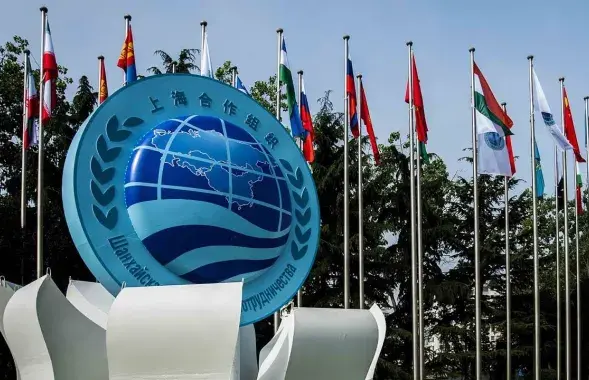How global companies are (not) afraid to work with dictatorships

Money often beats human rights / collage by Euroradio
It has already been a year and the talks about whether Norwegian chemical company Yara should stop dealing with Belarusian potash-manufacturing giant Belaruskali because of the events in Belarus and strikers’ employment terminations are not letting up. It was only after the US sanctions against the company went into effect and Sviatlana Tsikhanouskaya met with Yara’s top management personally that they attempted to smooth it all out by saying that they might change their relationship with the Belarusian counterprarts.

There’s also Switzerland’s Bank for International Settlements (BIS) that kept on working both with the representatives of the Allies and the fascist regimes of Germany and Italy. The cooperation was, of course, mutually beneficial.
Now let’s move closer to the modern days.
Bananas for terrorists
Major fruit companies are not famous eigther for their interest in human rights. Case in point, over the 20th century, United Fruit was not particularly concerned with the problem. And while it was simply operating in Latin America (however questionable that choice might have been), another company, Chiquita Brands, went much further.
In 2007, Chiquita Brands admitted its fault in collusion with a terrorist organization known as The United Self-Defences of Colombia. The company had paid them a total of more than 1.7 million US dollars in exchange for "assistance."
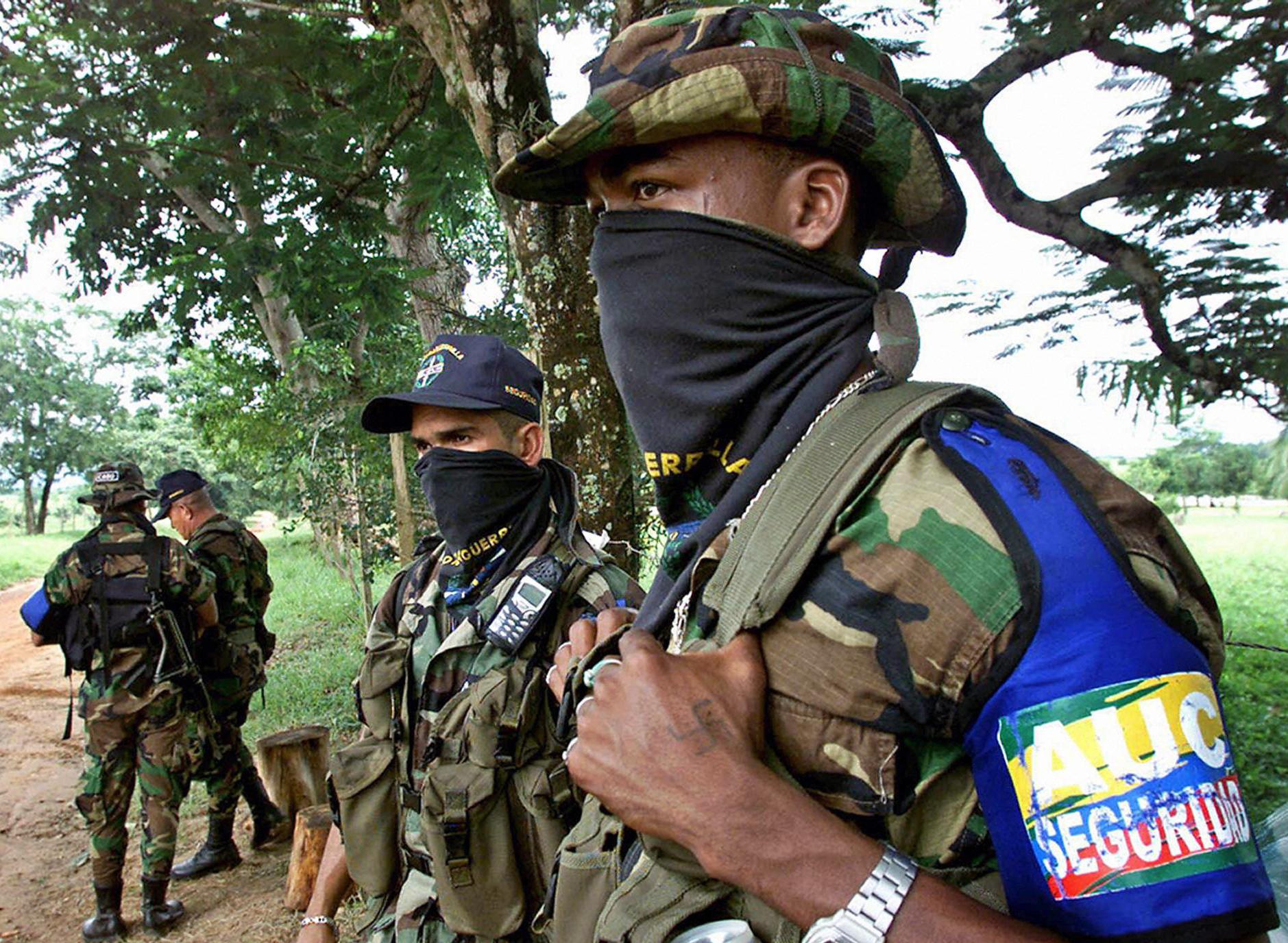
With this money, the terrorists brow-beat the farmers into selling bananas to the particular company. There was also the case about providing security for Chiquita Brands employees.
To top it off, the company was accused of arms trafficking, as well as drugs smuggling into Europe for The United Self-Defences of Colombia. After a lengthy legal battle, the company had to pay huge fines and compensations to the families of the victims.
Robots for North Korea and natural gas from Myanmar
North Korea was put under international sanctions a long time ago. But before that, several companies - Swiss engineering company ABB among them - had entered the market. Cooperation was shut down after the sanctions went into effect - at least, officially.
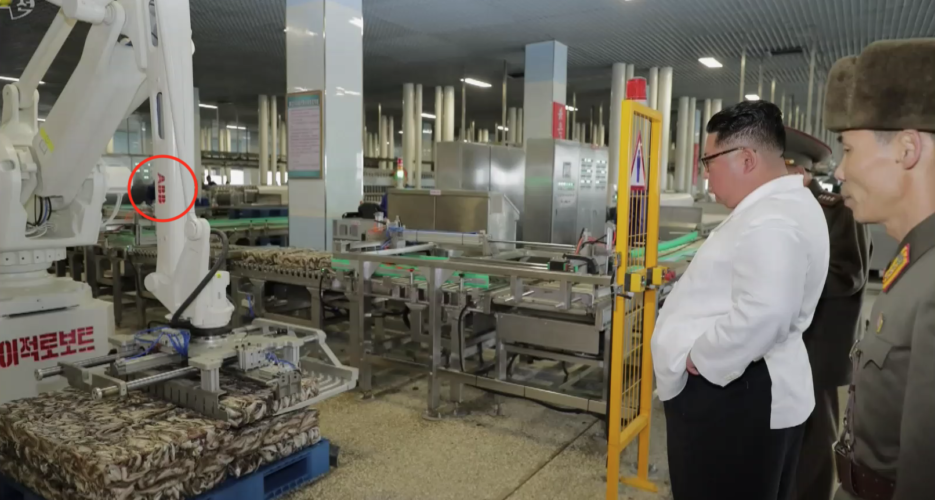
In 2019, a huge scandal broke. During Kim Jong-un’s visit to the fish processing plant, something interesting was caught on camera: cars branded with the ABB logo. The company, of course, denied any claims of its cooperation with DPRK. It wasn’t the first time, though. Earlier in 2015, robots produced by ABB were spotted working in a factory belonging to the defence industry.
The situation in Myanmar is also of interest. Even before the military coup that happened earlier this year, the country was not considered democratic, not by a long shot. Now even less so.
Despite that, even after the junta’s power takeover, Total SE and Chevron Corp conglomerates kept on working on the major offshore gas pipeline project in partnership with Myanmar Oil and Gas Enterprise. When asked about that by journalists, companies’ representatives said that “they were going to honor any applicable laws and sanctions”. There are no sanctions as of now so, you know, it is how it is. Granted, the company decided not to do dividend payouts to the government of Myanmar for now.
South Korean Posco International is also developing a gas field in Myanmar, as in: it keeps doing it after the coup. Due to public pressure, the conglomerate refused to partner with local governmental structures and bought out their shares. A very nifty trick! Other than that, their “being very concerned” comes down to refusing dividend payouts in Myanmar.
Surveillance services. Expensive. Call now
Countries like Iran and Bahrain don’t have the resources to create hardware and software for surveillance and control of the Internet. Well, good thing they are getting help from global majors. Like in Belarus, where during the first days of the August 2020 protests an Internet connection was literally switched off using Western technologies.

